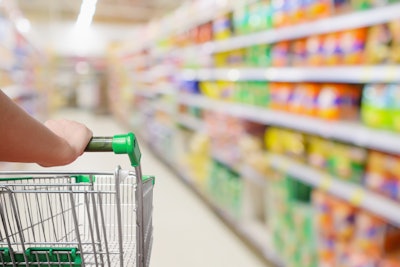
3D vision system company Sense Photonics commissioned The Harris Poll to conduct new research, an online survey among more than 2,000 US adults ages 18+, on how Americans now plan to engage with brick-and-mortar retail stores as automated, contactless service offerings increase. Today, 70% of Americans would prefer a completely human-free, contactless shopping experience, survey results show.
The survey also found that the vast majority of Americans may favor stores that allow them to shop without human interaction as nearly three quarters (72%) say they are more likely to shop at retailers that offer contactless, curbside order pickup, with some Americans (35%) even saying they would be fine never making retail purchases in a store again.
These findings suggest that big-box retailers, which are restructuring their traditional physical stores into warehouses and fulfillment centers may be best equipped to accommodate radically-altered consumer preferences without alienating those who prefer conventional shopping methods.
ZERO CONTACT DESIRED
- Seven in 10 Americans (70%) say they would prefer a zero human contact shopping experience
MAJORITY DEMAND CURBSIDE
- Nearly 3 in 4 Americans (72%) are more likely to shop at a retail store if they offer contactless, curbside pickup as an option
BIAS AGAINST IN-STORE SHOPPING
- More than one-third of Americans (35%) would be okay with never making retail purchases in-store again
“Consumer shopping preferences are shifting and retailers are starting to adapt to a frictionless experience,” said Sense Photonics CEO Shauna McIntyre. “The retailers that embrace automation and introduce high-performance 3D vision systems and other sensors into their industrial and commercial workflows are more likely to stay ahead of consumer preferences. This new era of technology is essential to scaling time-sensitive processes like order fulfillment.”
Demand for automated shopping processes has generated a massive market opportunity for sensor technologies that aid big box retail stores in their three primary settings: the stockroom, on the floor, and at point-of-sale. Through the introduction of advanced multi-application sensors capable of scanning warehouses, tracking individual items and enabling order fulfillment or delivery autonomously via robot, retailers can quickly transition to a distance-friendly, data-driven automated business model accounting for critical processes in front-end sales and back-end order fulfillment.


















